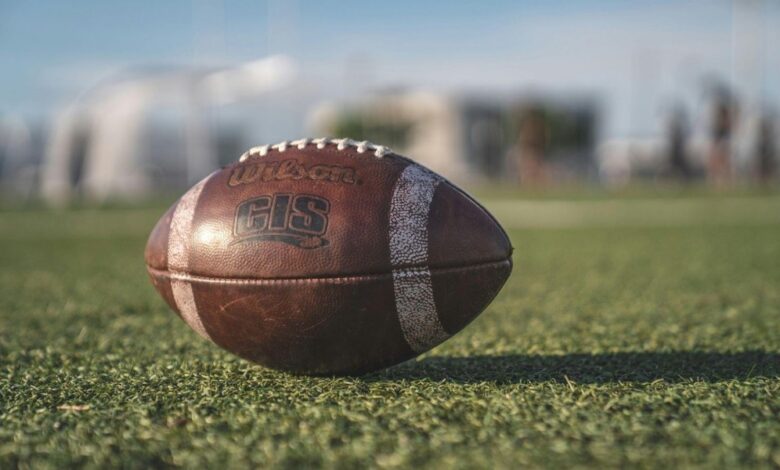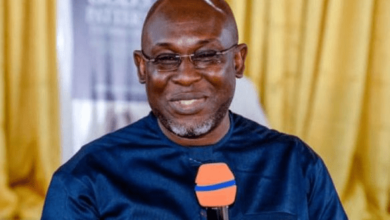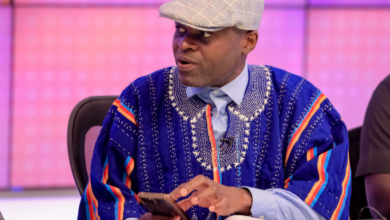How Global Interest Shapes the Odds to Win the National Championship

College football has expanded beyond its traditional American audience to become a sport followed by fans worldwide. As international viewership increases, so does global participation in betting markets tied to the National Championship. This wider interest influences how oddsmakers set and adjust betting lines.
In this post, we examine how growing global interest in college football influences the odds of winning the National Championship.
Fan Loyalty & Betting Bias
As college football attracts a broader global audience, fan loyalty increasingly influences betting behavior. Many international bettors support well-known programs, such as those in Alabama, Michigan, or Georgia, often placing wagers based on preference rather than objective analysis.
This creates what oddsmakers call a “public bias,” where increased interest in popular teams draws more betting activity. As public bias grows, it often comes with favorable odds to win the National Championship for these programs, reflecting both their strong fan support and consistent performance.
To manage this, sportsbooks adjust their lines to balance action and protect against risk. Odds for fan-favorite teams may shorten, while less popular programs might offer better value despite similar performance levels. The result is a market shaped not only by statistics and form but also by emotion and global fan sentiment.
Increased Betting Volume & Liquidity
The globalization of sports betting has significantly increased the overall volume of wagers placed on college football, particularly on significant events such as the National Championship. As international bettors from regions such as Europe, Asia, and Latin America gain access to U.S. markets through online sportsbooks, the total pool of money wagered grows substantially.
This influx of capital enhances market liquidity, meaning there is more money available to move odds and absorb large bets.
For oddsmakers, greater liquidity introduces both opportunities and challenges. On one hand, a deeper market allows for more accurate odds through the wisdom of the crowd. On the other hand, large surges of betting from specific regions or platforms can create short-term imbalances. When a wave of wagers heavily favors one team, bookmakers must respond quickly by adjusting the line to manage risk and encourage action on the opposite side.
These adjustments can occur multiple times in a single day, particularly during periods of high interest. The larger the market, the more sensitive it becomes to swings in sentiment and information.
International Media Exposure & Team Popularity
International media coverage plays a significant role in shaping how teams are perceived and how betting markets react. With broadcasts now reaching audiences worldwide and highlights shared instantly on social media, college football programs are gaining recognition far beyond the United States. Platforms such as YouTube, TikTok, and international sports networks introduce new fans to top teams, players, and storylines, turning local programs into global brands.
When a team captures international attention through an impressive play, a standout athlete, or a compelling narrative, betting activity often increases. New bettors tend to place wagers on teams they are familiar with, even if the on-field data does not fully support their confidence. Oddsmakers track these shifts in interest and adjust lines to reflect higher demand.
This process can temporarily inflate a team’s perceived strength, creating a gap between performance and popularity. In this way, international media exposure not only grows the sport’s fan base but also influences how betting odds move in response to global attention.
Increased Data for Odds Models
The growth of global betting has generated a constant stream of data that oddsmakers utilize to refine their models. Every wager placed around the world adds to a larger picture of betting behavior and trends, helping sportsbooks understand how and why people bet in different regions and situations.
Sportsbooks use advanced analytics and machine learning to process this information and adjust odds more accurately. These tools identify patterns, track sentiment, and update probabilities in real time. As a result, global data makes betting markets more precise, efficient, and responsive to both performance and public interest throughout the season.
Influence on Media Rights Value & Team Resources
Rising global interest has increased the value of college football’s media rights. As international broadcasters and streaming platforms seek to air major games, competition for those rights drives up revenue. Programs and conferences benefit from these larger deals, and the sport gains a stronger international presence through expanded coverage and marketing opportunities.
This added revenue often finds its way back into the programs. Teams can invest more in facilities, recruiting, and coaching, which can lead to improved on-field performance. Over time, those performance gains can influence how oddsmakers evaluate a program’s strength and adjust its odds to win the National Championship.
Final Thoughts
As more fans, bettors, and media outlets follow college football globally, the flow of money, data, and attention continues to expand. This global activity makes betting markets more dynamic and responsive. Factors such as international media exposure, fan loyalty, and increased liquidity now influence how teams are perceived and valued. The result is a system where global engagement not only expands the sport’s reach but also affects how the odds change throughout the season.




